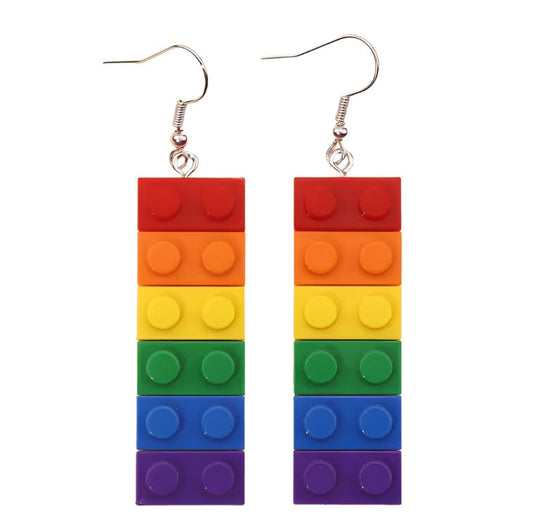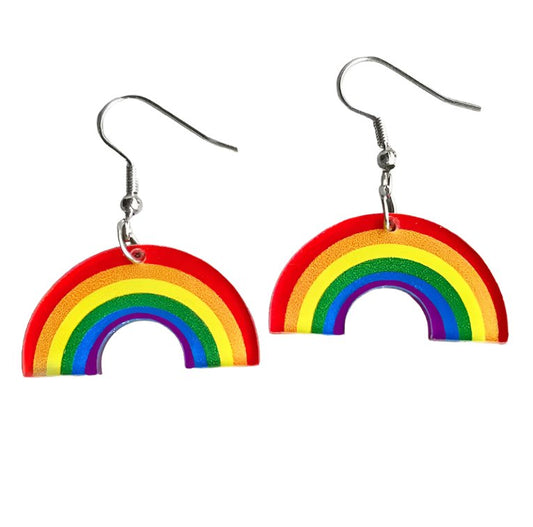Honoring National Day for Truth and Reconciliation: Reflect, Learn, and Act

Today, September 30th, marks National Day for Truth and Reconciliation, also known as Orange Shirt Day. This day honors the Survivors of residential schools, their families, and their communities, while also remembering those children who never made it home. As we reflect on Canada's history and the devastating impact of the residential school system, we must commit to ongoing learning, understanding, and taking meaningful steps toward reconciliation.
The Significance of Orange Shirt Day
Orange Shirt Day originated from the story of Phyllis (Jack) Webstad, a survivor of the residential school system. At just six years old, Phyllis had her new orange shirt taken from her on her first day at a residential school. This moment is a powerful symbol of the stripping of identity, culture, and pride that Indigenous children experienced at these institutions. Today, wearing orange reminds us of this painful history and symbolizes our commitment to ensuring that Every Child Matters.
Resources for Learning and Action
If you are looking for ways to deepen your understanding and take action, we recommend starting with the following key resources:
21 Things You May Not Know About the Indian Act" by Bob Joseph
This insightful book explains the deep-rooted impact of the Indian Act and how it continues to affect Indigenous peoples in Canada today. It’s a valuable resource for anyone wanting to understand the historical and systemic injustices Indigenous communities have endured. Learn more about the book here
Truth and Reconciliation Commission of Canada: Calls to Action
The Truth and Reconciliation Commission (TRC) compiled 94 Calls to Action, which provide a roadmap for Canadians to work toward reconciliation. From education to healthcare, justice, and beyond, the TRC’s recommendations are a critical guide for creating lasting change. You can read the full Calls to Action here.
United Nations Declaration on the Rights of Indigenous Peoples (UNDRIP)
UNDRIP sets a universal standard for the rights of Indigenous peoples worldwide, covering issues such as cultural preservation, land rights, and self-determination. It’s a foundational document for anyone committed to understanding Indigenous rights globally. Learn more about UNDRIP and how it relates to reconciliation efforts in Canada here.
Support for Indigenous Communities
It’s important to acknowledge that today’s reflections may be difficult and triggering for many Indigenous people. Below are a few resources and helplines available for Indigenous individuals in need of support:
Hope for Wellness Helpline: 1-855-242-3310
This helpline offers immediate mental health counselling and crisis intervention for Indigenous peoples in Canada. Services are available 24/7 by phone or through online chat at hopeforwellness.ca.
Indian Residential Schools Crisis Line: 1-866-925-4419
This crisis line is available for anyone experiencing pain or distress as a result of their residential school experience.
Métis Crisis Line: 1-833-638-4722
Providing support specifically for Métis people experiencing crisis.
Individuals Impacted by MMIWG Crisis Line: 1-844-413-6649
Moving Forward
Reconciliation is a process that requires all of us—Indigenous and non-Indigenous alike—to listen, learn, and take action. Today is a day to honor the stories of survivors, reflect on the injustices that continue to affect Indigenous peoples, and recognize the importance of allyship.
Wear your orange shirt proudly, educate yourself, and use your voice to advocate for change.
Because **Every Child Matters**.
---
Join Us for Indigenous and Proud: Celebrating Two-Spirit Excellence
In the spirit of learning, celebration, and cultural appreciation, we invite you to join us at Indigenous and Proud, a drag event like no other. On October 4th in Kamloops and October 5th in Oliver, come enjoy the art of drag with four top performers from Canada’s Drag Race, all of whom identify as Two-Spirit.
This event will not only showcase fierce drag performances, but also offer an opportunity to learn about the culture and personal stories of these remarkable artists as they share their experiences of growing up Indigenous and Two-Spirit. It’s a powerful and entertaining way to continue the conversation about reconciliation, representation, and pride.
We welcome people of all walks of life to join us, celebrate with us, and learn alongside us. Together, we can create a more inclusive and respectful future.
For tickets and more information, please visit:












